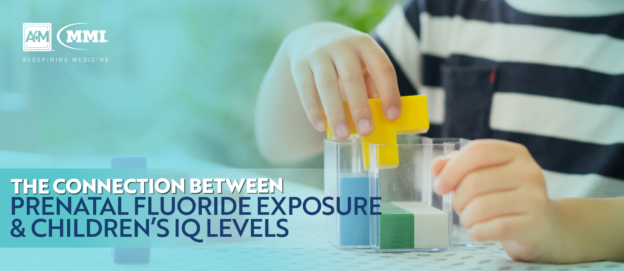The potentially noxious effects of fluoride are a highly contested subject within the medical community and the public arena as previous research has hinted at the possibility of detrimental health consequences caused by drinking fluoridated water ranging from dental fluorosis to neurotoxicity. As fluoride crosses the placenta – accumulating in the brain regions associated with learning and memory – it may alter proteins and neurotransmitters in the central nervous system of the fetus, making it potentially neurotoxic.
Although still a controversial subject, increased fluoride exposure from community water fluoridation has been tied to lowered children’s IQ levels in past studies, prompting growing research efforts aimed at uncovering the link between prenatal fluoride exposure and IQ levels in offspring. A recently published prospective study implicates that high fluoride intake during pregnancy may be associated with a reduction in children’s IQ at ages 3 to 5 years, and potentially beyond.

